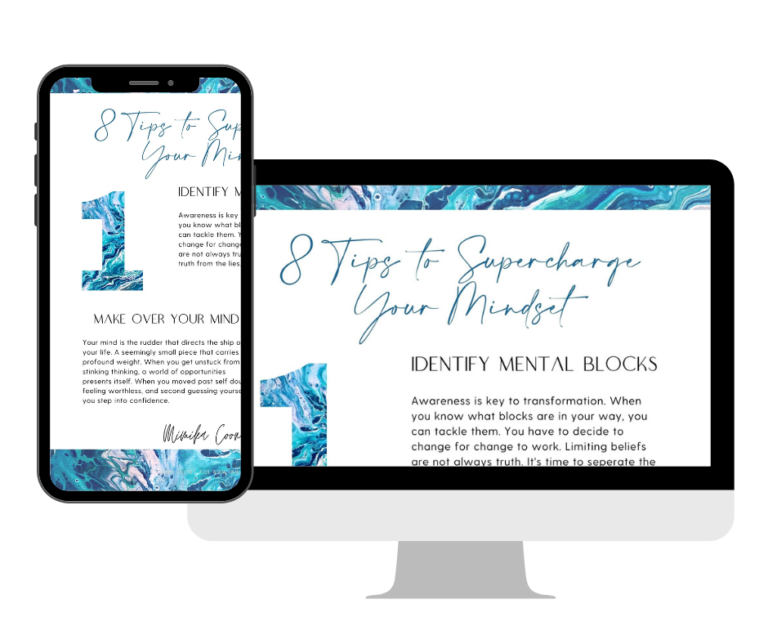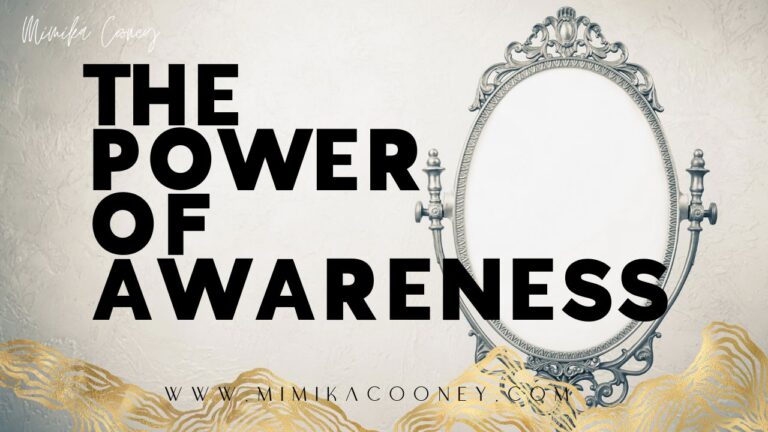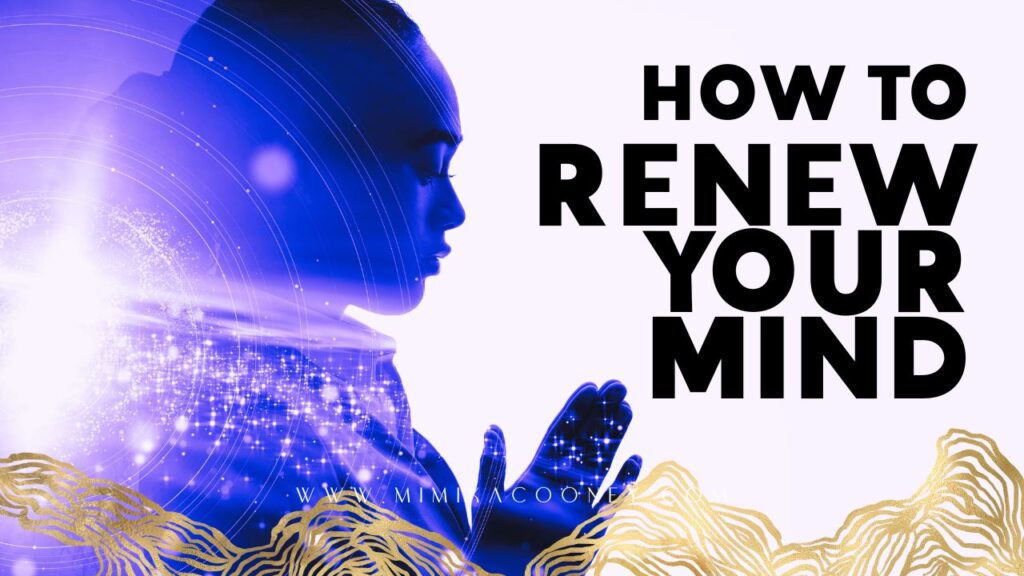We don’t know what we don’t know. Knowing what holds us back is 80% of the effort that is required in order to fix things.
Once you know what to do, you can put the steps into place. Then it’s just a matter of executing. This is the power of awareness.
As a life coach for women, I discovered this through the process of studying how the brain works and what drives us from a neuroscience perspective.
I love to be able to understand how we can take control of our thoughts. God says in the Bible that we need to renew our mind daily, which means it’s like taking a shower. For most of us, we shower every day. We do that physically, but we don’t do it mentally.
Here’s the thing: your brain is one of the most important organs in your whole body. It’s drives your whole system. It uses 20% of your blood flow. There’s more connections in your brain than there are stars in the sky!
To overcome mental blocks really starts with the number one key which is awareness. Number two is addressing the issues, and number three is putting the plan into place. Many people have a problem with execution too, because we have issues like procrastination or excuses or avoidance.
As a mindset coach I can help you undercover your blind spots and help you leverage the power of a disciplined mind.
The Nuances of Goal Setting: Growth Over Destination
Goal setting is an intrinsic part of human nature. From our personal ambitions to our professional aspirations, setting targets helps give our actions direction and purpose. However, in the fervor to achieve, we sometimes lose sight of the importance of the journey. The dichotomy between destination goals and growth goals offers valuable insights into how we can better navigate our paths to success.
Understanding Destination Goals
Destination goals are essentially the “big picture” targets. They are the summits we strive to reach. For example, an individual might set a destination goal of becoming a CEO, owning a dream home, or achieving a particular weight. These goals are concrete, quantifiable, and definitive.
However, the drawback of destination goals lies in their very nature. Because they are end-point oriented, the vast distance between the starting point and the finish line can often seem daunting. Progress might feel slow, especially when measured against such monumental objectives. As a result, individuals can easily become demotivated, especially when they face obstacles or when progress doesn’t match their expectations.
The Value of Growth Goals
Growth goals, on the other hand, prioritize the journey over the destination. They center around continuous improvement and personal development. By focusing on growth, we shift our mindset from the distant endpoint to the process, allowing us to savor each phase of our journey.
Here are some advantages of growth goals:
-
Incremental Progress: Instead of fixating on vast objectives, growth goals let you concentrate on making a little progress each day. This can be as simple as learning something new, shedding a small amount of weight weekly, or even saving a tiny amount regularly for a dream purchase.
-
Flexibility: Growth goals are adaptable. They allow for course correction based on circumstances, making them more resilient to setbacks.
-
Consistent Motivation: Achieving small growth goals consistently boosts morale and keeps motivation levels high.
-
Building Resilience: By achieving growth goals, individuals develop a resilience to setbacks and failures, understanding that they’re mere bumps on the road to success.
Blending Both Approaches
While growth goals provide numerous advantages, it’s essential to understand that they aren’t mutually exclusive with destination goals. A balanced approach involves setting a clear, overarching destination goal and then breaking it down into several growth goals. This way, you remain aware of the big picture while also enjoying the journey and the small successes along the way.
Conclusion
In our pursuit of success, it’s crucial to remember that the journey is just as valuable, if not more so, than the destination. Growth goals allow us to appreciate each moment, learn from every setback, and celebrate every achievement, no matter how small. As we evolve in our understanding of goal setting, we find that it’s not just about reaching the finish line but about growing, learning, and thriving along the way.





